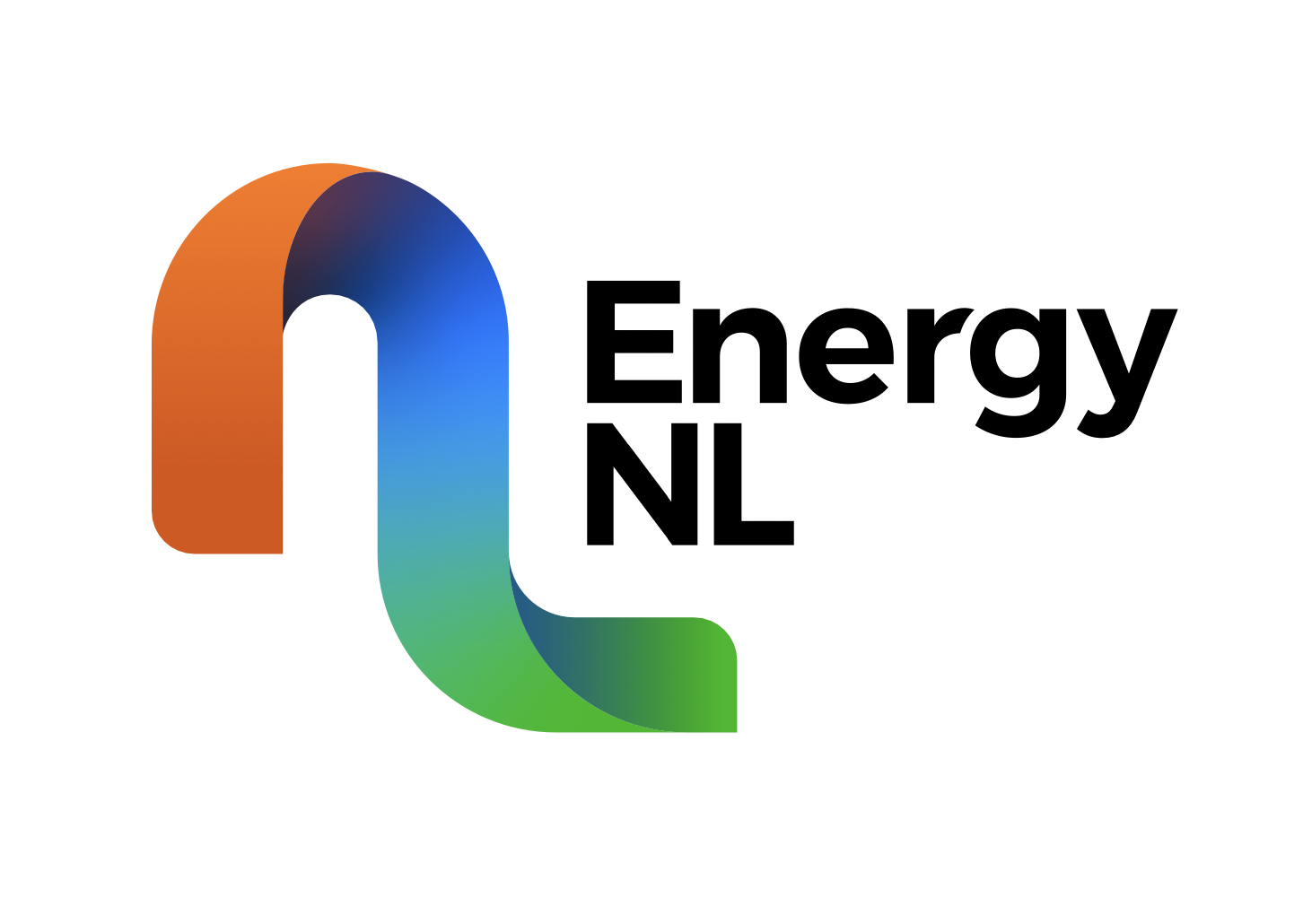In his second time speaking to Newfoundland and Labrador issues this week, Prime Minister Justin Trudeau has addressed the challenges facing the province and the need to navigate toward a changing future, particularly for the oil and gas sector.
The challenges in that sector are many, and have been loudly articulated by the industry over recent months, as layoffs and anxiety have grown while revenues and projects, both current and future, have dimmed.
The federal government announced $320 million in aid for the province on Sept. 25, earmarking it to be spent helping offshore oil workers. In an interview that aired Friday, Trudeau did not explicitly rule out future federal support, but also offered no words to encourage any such expectations.
“I think, for now, that that is significant,” Trudeau told CBC Radio’s St. John’s Morning Show, when asked if more aid was coming.
The federal government has also rejected Husky Energy’s request for it to buy a stake in Husky’s stalled West White Rose extension project.
As the provincially organized task force assigned to tackle spending that $320 million gets to work, Trudeau said it’s time to reflect on how to make the money matter.
“We have to make sure that we’re well-positioned into a future that’s changing,” he said.
Trudeau said the future involves trying to reduce carbon emissions. In 2015, Canada committed to reducing its emissions to 30 per cent below 2005 levels by 2030 as part of the Paris Agreement, a promise that as of 2019 the country was not set to meet. A United Nations report from September also warned of a world warming quicker than anticipated.
“We’re all looking at sort of longer-term trends and making sure we’re supporting the workers, making sure we’re looking towards innovations that are going to keep the industry strong and lower its carbon content into the future,” he said.
Trudeau spoke of diversification into electrification, such as the “Atlantic Loop” idea floated in the Liberal throne speech, and said he and Premier Andrew Furey had been in touch about the growing tech sector.
“I spent a lot of time talking about the exciting innovation hub that that’s being developed around St. John’s, and the diversification of the economy into more high-tech stuff is also going to be extremely important,” he said.
“So we’re working on a lot of things to make sure that Newfoundland and Labrador is doing well in the coming decades.”
Short-term problems
It can be difficult for people in the province to look that far ahead when the future is cloaked in uncertainty from COVID-19, particularly for those working in hard-hit sectors like tourism and hospitality, where operators have detailed massive losses in revenue and a summer staycation push that didn’t materialize without travellers from abroad.
Trudeau said there had been some increases elsewhere in Canada from domestic tourists, but “the Atlantic bubble makes that kind of difficult,” he said, adding that public health precautions trump all else.
“We need to get through this, because we know when we come out on the other side, business is going to come roaring back. Our economy is going to be strong once again.”
He pointed toward the established federal pandemic aid programs such as wage and rent subsidies, and said that support will continue.
“We can keep it up as long as we need to,” Trudeau said.
Keeping those programs going requires the civil service, and Trudeau said his government was not looking at cutting back its workforce. Alberta’s provincial government announced massive layoffs of up to 11,000 people within its health sector on Oct 13.
“I don’t think this is the time for cuts. I think it’s a mistake to be making cuts. We need to be investing and supporting people,” Trudeau said.
Trudeau’s comments are the second in a week to people in Newfoundland and Labrador. He spoke Wednesday evening at a virtual town hall held by Memorial University, and took questions from students ranging from racism to online learning to the continued search for missing hiker Jordan Naterer.
On The St. John’s Morning Show, Trudeau urged people to lean on each other during a time of unprecedented uncertainty, and in an echo of what feels like the distant past — his ‘sunny ways’ victory speech from the 2015 — he said people should keep in mind longer, warmer days ahead.
“We’ve always got through by pulling together, by being there for each other and knowing that no matter how hard the winter, the summer is going to be better,” he said.
—
Source: CBC | This text was excerpted from the media outlet cited on October 23, 2020 and is provided to Noia members for information purposes only. Any opinion expressed therein is neither attributable to nor endorsed by Noia.






